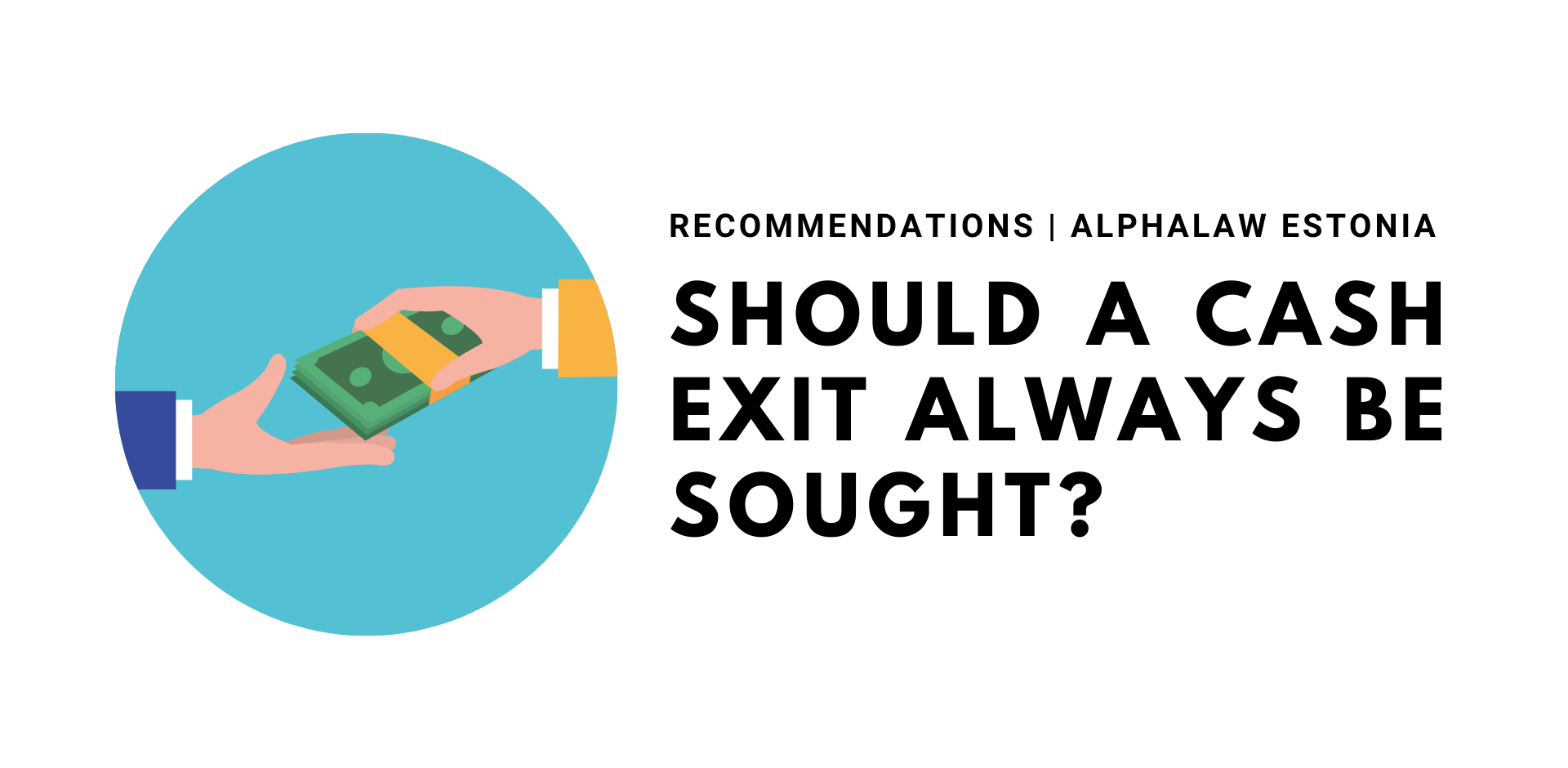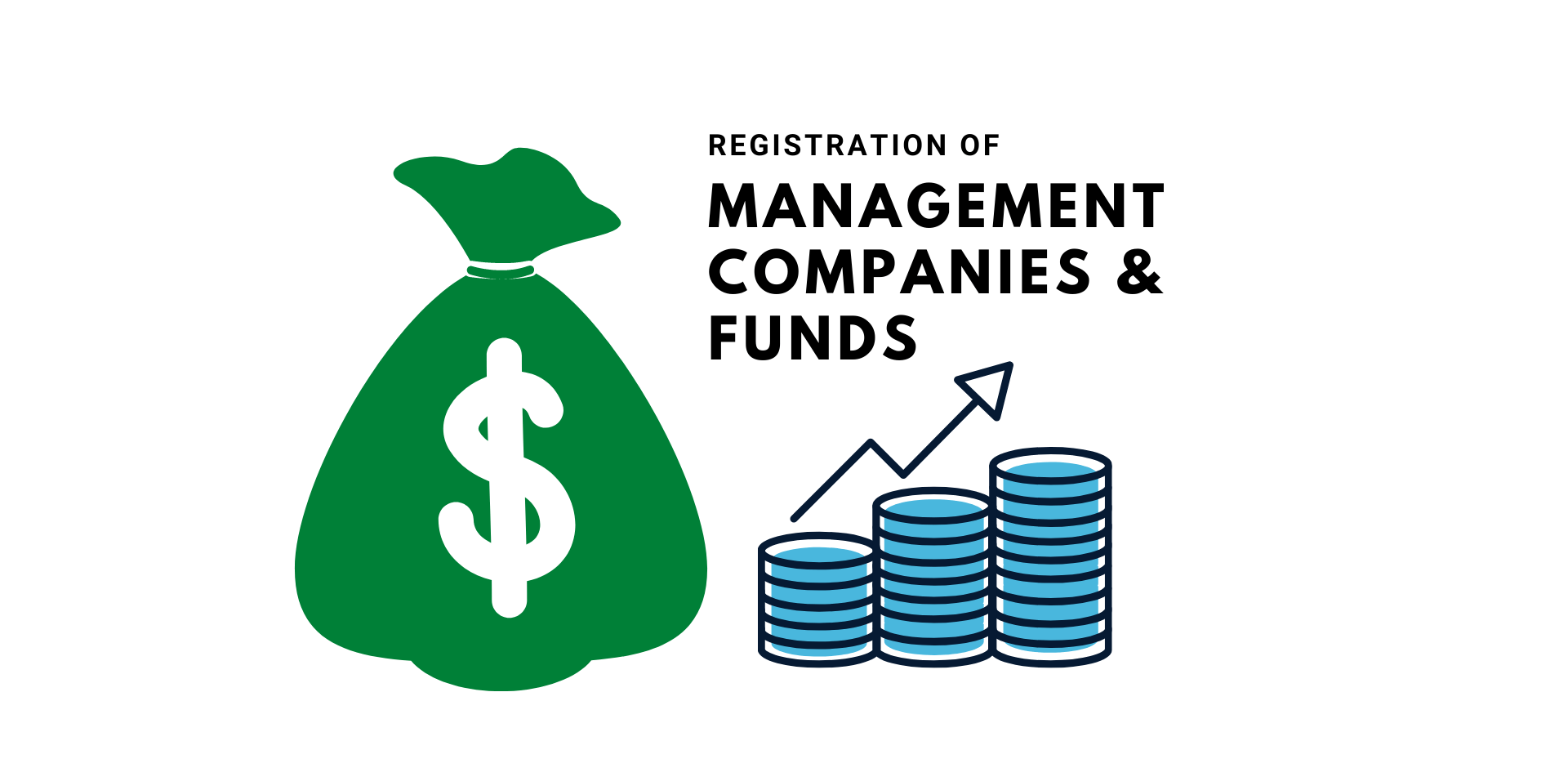Should a Cash Exit Always be Sought?

Explanation
A GP’s obligation is to seek the best returns from an investment for the fund and the GP must consider opportunities to effect non-cash disposals in light of this. It may be that, for example, there is no cash purchaser for an investment, or that a cash price is offered but at a lower valuation than a “share for share” swap into a quoted vehicle, or that the fund can participate in the future value of an investment through an earn-out. However, there are also the risks of falls in the market.

Any decision to accept a non-cash disposal is also likely to involve additional costs. For example, there will be a cost in safeguarding and administering any quoted investments held by the fund. Fund documents often include restrictions on the holding of quoted securities, which may limit the options available.
Cash returned is also an important measure of performance; LPs may also have concerns about or may be restricted from receiving distributions in-specie and there may be restrictions upon a holder’s ability to sell quoted securities, also known as “lock-up periods”.

Recommendation
GPs should carefully assess any non-cash offer consideration
in an exit, considering any particular restrictions from the fund documents. The decision should balance the immediate value of any other cash offer; the life cycle of the fund; the need to return cash to LPs; the potential future value and exit opportunities in any securities offered; and the ability to hedge against downside market risks.







